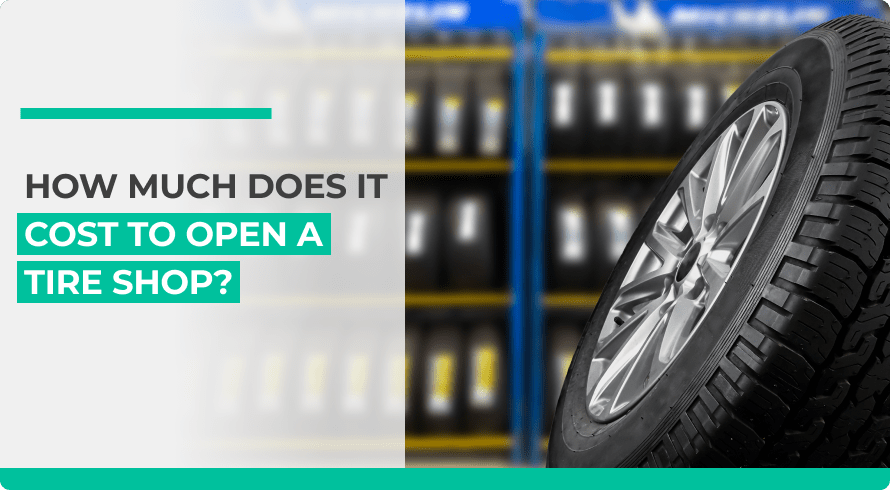Navigate Smooth Roads with Morris Tire: Your Trusted Tire Store Near Me
Navigate Smooth Roads with Morris Tire: Your Trusted Tire Store Near Me
Blog Article
The Environmental Benefits of Proper Tire Upkeep
Keeping appropriate tire care is frequently overlooked, yet its impact on the atmosphere is extensive. From reducing gas consumption to decreasing emissions result, the benefits are significant. Appropriate tire maintenance not just expands the life-span of tires however additionally reduces land fill waste and adds to improved air top quality. The interconnectedness of these benefits highlights the critical function that easy upkeep methods can play in promoting ecological sustainability.
Decreased Gas Intake
Improving tire upkeep techniques can lead to a substantial decrease in fuel intake for vehicles. According to the U.S. Department of Energy, underinflated tires can decrease gas mileage by 0.2% for every 1 psi drop in pressure in all 4 tires.
In enhancement to tire stress, routine tire turnings and placements additionally play an important duty in gas effectiveness. Erratically used tires can enhance gas consumption as the engine works harder to preserve speed and grip. By maintaining correct positioning and revolving tires at advised periods, chauffeurs can make sure also lengthen the life and wear of their tires, ultimately conserving fuel and decreasing their carbon impact.
Extended Tire Life-span
Prolonging the lifespan of tires is a key aspect of effective lorry upkeep practices that can yield expense financial savings and environmental benefits in the long run. By properly maintaining tires, vehicle drivers can considerably lengthen their use, lowering the regularity at which brand-new tires need to be manufactured and old ones thrown away. This not only conserves beneficial resources yet additionally reduces the energy and discharges connected with tire manufacturing and disposal procedures.
On a regular basis examining tire pressure, rotating tires, and making certain appropriate placement are crucial actions in extending tire life-span. Sufficient step deepness is essential for optimum traction and safety and security, yet it also plays a duty in the length of time tires can be used prior to needing replacement. In addition, avoiding aggressive driving behaviors that increase tire wear, such as severe braking and sharp turns, can additionally enhance tire durability.
Eventually, increasing the durability of tires via proactive maintenance not just benefits the environment by minimizing waste and conserving resources but likewise causes set you back financial savings for vehicle owners by delaying the requirement for brand-new tire purchases.
Lower Discharges Outcome
Reliable tire upkeep practices contribute to a reduction in discharges outcome, aligning with environmental sustainability goals in the automobile market. Effectively inflated tires, frequently turned and straightened, can enhance fuel efficiency, therefore lowering the total carbon dioxide exhausts from vehicles. When you can find out more tires are underinflated, the engine has to work more challenging to thrust the lorry, leading to boosted fuel usage and higher emissions. By keeping optimum tire stress degrees, motorists can help reduce these negative environmental influences.
Moreover, properly maintained tires additionally enhance traction and minimize rolling resistance, even visit their website more improving fuel performance. This, subsequently, reduces the quantity of exhaust gases launched right into the atmosphere. In addition, guaranteeing tires are effectively pumped up and aligned can expand the life expectancy of the tires, lowering the regularity of tire replacements and the linked environmental prices of tire manufacturing and disposal.

Lowered Landfill Waste
Offered the favorable influence of proper tire maintenance on decreasing discharges outcome, an additional substantial ecological advantage is the capacity for reduced land fill waste. By guaranteeing that tires are properly inflated, straightened, balanced, and revolved regularly, their lifespan can be significantly prolonged.

Improved Air High Quality
Enhancing look what i found air quality through correct tire maintenance techniques is an important facet of lasting environmental stewardship. When tires are underinflated, they produce extra moving resistance, causing boosted gas usage and higher discharges of harmful pollutants such as carbon monoxide gas and nitrogen oxides. Correctly filled with air tires not just improve gas effectiveness yet also reduce the quantity of pollutants released right into the air.
Furthermore, well-kept tires with correct tread depth and alignment add to safer driving conditions, lowering the likelihood of mishaps that can lead to the release of extra toxins right into the atmosphere. By extending the life-span of tires with regular upkeep and turning, fewer tires are thrown out prematurely, lowering the ecological influence of tire disposal and manufacturing procedures.
Conclusion
In verdict, appropriate tire maintenance offers countless environmental advantages. It is necessary for individuals to prioritize tire upkeep as a basic yet reliable way to secure the atmosphere for future generations.
Correct tire maintenance not only expands the life expectancy of tires however also lowers garbage dump waste and adds to enhanced air high quality - morris tire service. By preserving proper positioning and rotating tires at advised periods, motorists can make sure also lengthen the life and wear of their tires, inevitably saving gas and reducing their carbon footprint
By effectively preserving tires, vehicle drivers can significantly lengthen their usability, lowering the frequency at which brand-new tires need to be made and old ones disposed of.Frequently examining tire pressure, turning tires, and making certain correct positioning are necessary steps in prolonging tire lifespan. Furthermore, making certain tires are properly pumped up and straightened can extend the life-span of the tires, reducing the frequency of tire substitutes and the linked ecological expenses of tire production and disposal.
Report this page